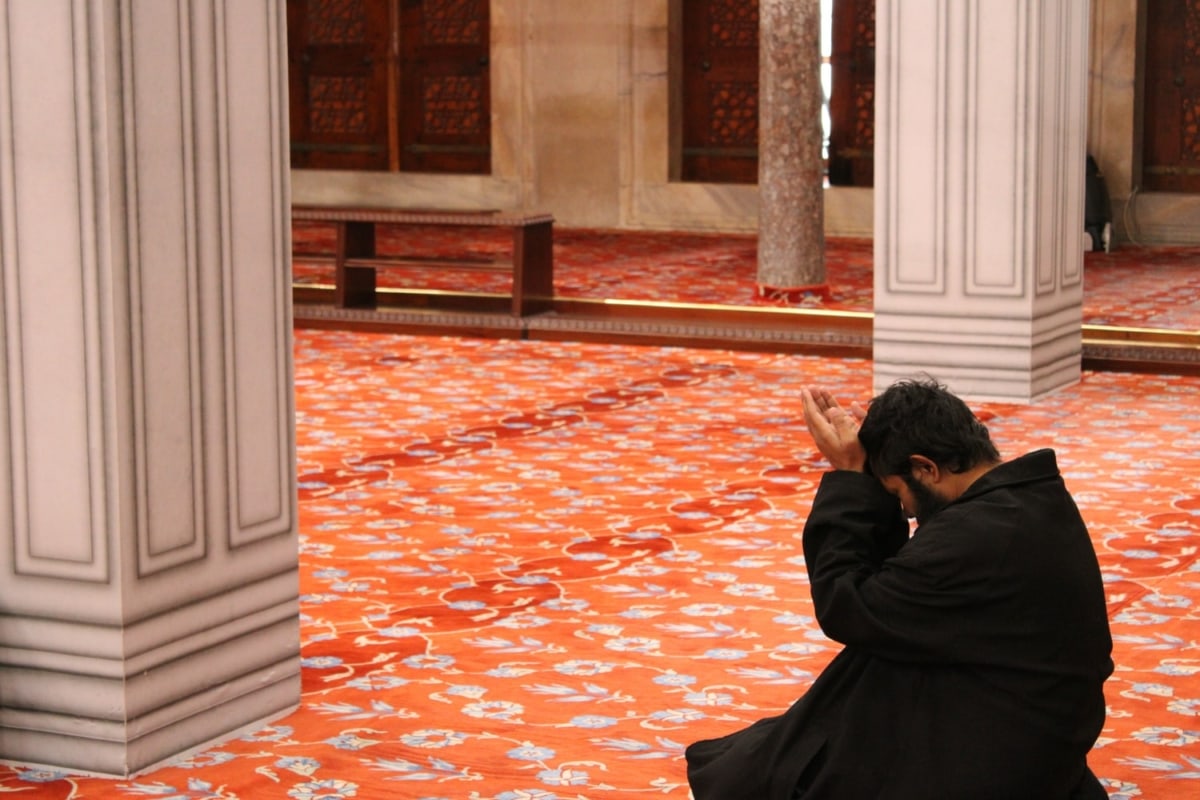Fasting Six Days of Shawwal – Ruling, Whether Consecutive, Combining Intentions, Wisdoms, and What if Unable to Fast? – Faraz Rabbani
In the Name of Allah, the Benevolent, the Merciful.
The Messenger of Allah (peace and blessings be upon him) said, “Fasting Ramadan and following it with six days from Shawwal is like continual fasting.” [Muslim, on the authority of Abu Ayyub (Allah be pleased with him)]
This is because the reward of actions is multiplied (at least) ten-fold. So Ramadan is like fasting 300 days, and the six days of Shawwal like fasting 60 days. The Prophet (Allah bless him and give him peace) himself stated this explicitly: “Fasting Ramadan is like fasting ten months and fasting six days [of Shawwal] is like fasting two months. That is like fasting a full year.” [Ahmad; Nasa’i]
1. Religiously recommended. Based on the outward purport of this hadith, the majority of the scholars—including Imam Shafi‘i, Imam Ahmad, and Imam Abu Hanifa consider it a recommended sunna to fast six days in Shawwal. There are narrations from Abu Hanifa indicating that it is disliked, but these are understood to relate to considering it a duty to fast these days. [Nawawi, Majmu‘; Ibn Qudama, Mughni; Ibn al-Humam/Marghinani, Fath al-Qadir ‘ala al-Hidaya; Ibn Abidin, Radd al-Muhtar]
2. Consecutive or not? Some of the scholars considered it recommended to fast these days consecutively after Eid al-Fitr, including Imam Shafi‘i. They based this on a hadith related by Tabarani and others in which the Prophet (Allah bless him and give him peace) is reported to have said, “Fasting six consecutive days after Eid al-Fitr is like fasting the entire year.”

Other scholars, including both the Hanbalis and Hanafis, considered it the same to fast consecutively or not—because they deemed the above hadith to be excessively weak.
However, they caution that one shouldn’t put it off such that one ends up missing the great reward of fasting six days. It is also a consideration that avoiding difference of opinion is religiously recommended—so trying to fast the six days consecutively would appear to be superior.
3. Combining intentions with missed fasts. It is valid to combine the intention of making up missed Ramadan fasts and the sunna of fasting the six days of Shawwal, though performing both separately is greater in reward.
4. The wisdom of fasting these six days. Among the benefits of fasting the six days of Shawwal is:
- Sign of acceptance. It is a sign of the acceptance of one’s Ramadan fasts. This is because a sign of Allah’s accepting a good deed is to be granted the success to perform similar good deeds, with consistency.
- Consistency itself is beloved. The actions most beloved to Allah and the Messenger (peace and blessings be upon him) are those done most consistently.
- Sign of thankfulness. Fasting these six days is an expression of thankfulness for the reward of fasting that Allah grants on the day of Eid. Continuing to fast is a sign of being, as the Prophet (Allah bless him and give him peace) described himself, “A truly thankful servant.” Thankfulness is the key to increase, and a means of securing one’s blessings and good.
- Sign of commitment to continue. Fasting these six days is a sign of one’s commitment to continue in worship and submission to Allah, willingly—and not merely out of obligation.
5. If unable to fast the six days of Shawwal due to some genuine excuse, one should make the firm intention that if this excuse didn’t exist one would have fasted. If one is sincere and true in one’s intention, then one will—by Divine Grace—have the full reward of fasting these days, because, “Actions are by their intentions, and each person shall have whatever they intended,” as the Prophet (Allah bless him and give him peace) explained. [Muslim] The signs of being true in one’s intention is that if one’s excuse is lifted, one hastens to fulfill the intended matter.
[Ref: Ibn Rajab, Lata’if al-Ma‘arif; Ibn Abidin, Radd al-Muhtar; Hamawi/Ibn Nujaym, Hashiyat al-Ashbah; Nawawi, al-Majmu‘ Sharh al-Muhadhdhab; others]
And Allah alone gives success.
Faraz Rabbani
